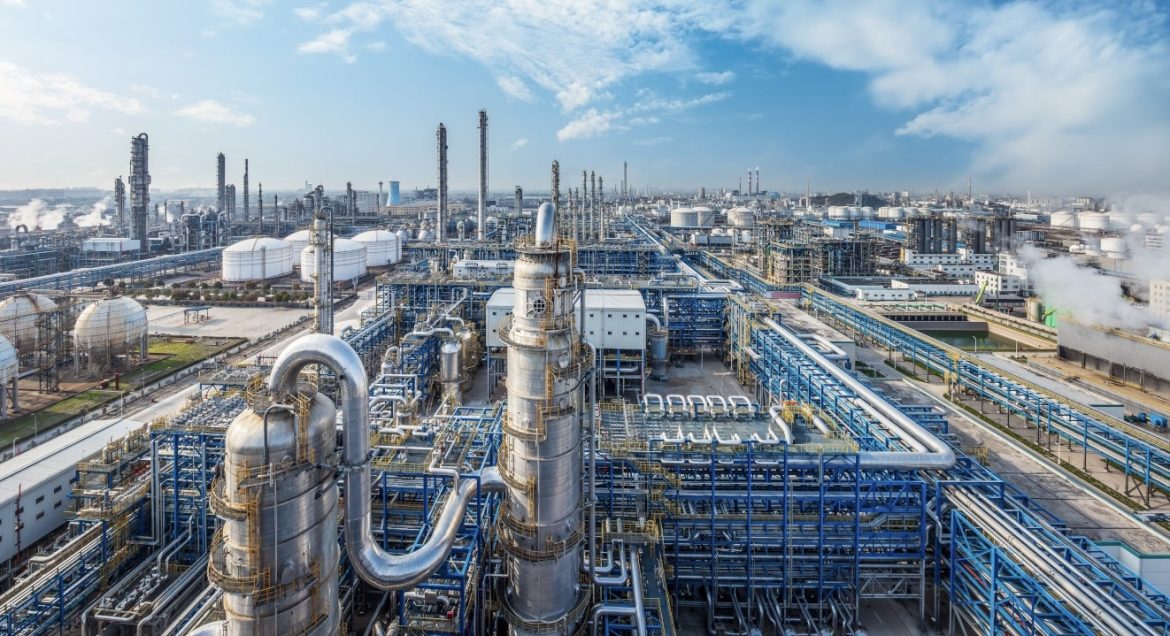KEY POINTS
- A global consortium has secured 50 billion dollars to build a 500,000 barrel-a-day refinery in Nigeria’s Niger Delta.
- The facility would become Africa’s second-largest refinery and aims to cut fuel imports and stabilise local prices.
- The project forms part of a broader nationwide effort to expand refining capacity and reduce Nigeria’s dependence on foreign supplies.
A multinational consortium involving investors from Asia and Europe has secured around 50 billion dollars to build what is expected to become Africa’s second-largest oil refinery, marking one of the most ambitious energy projects ever planned on the continent.
The refinery, which will be developed in Nigeria’s Niger Delta, is designed with a proposed capacity of 500,000 barrels a day. It will sit only behind the Dangote Refinery in scale, although its exact location within the nine-state delta region has yet to be disclosed.
The project is being driven in partnership with the Nigerian National Petroleum Company Limited, which has been seeking long-term private capital to reposition Nigeria as a genuine refining hub. After decades of under-investment, repeated plant shutdowns and a persistent reliance on imported fuel, officials view the new facility as a chance to shift the balance of the country’s energy fortunes.
A spokesperson for the consortium said the refinery is intended to help reduce Nigeria’s import burden and build downstream capacity across West Africa. They described the project as a turning point for a region that has struggled to benefit fully from its crude output.
According to them, the long-term plan is to deepen industrial linkages, expand employment opportunities and ensure that more value is retained within the domestic economy rather than shipped abroad in the form of unprocessed crude.
Huge project signals renewed bid for energy independence
Energy analysts told Reuters that if the refinery comes on stream as scheduled, it could help calm domestic fuel prices, soften the pressure on the foreign exchange market and open the door to increased foreign direct investment. Nigeria spends billions each year importing refined products, a practice that drains foreign reserves and often destabilises the local currency. A large refinery with steady output, analysts argued, would help insulate the country from sudden global price swings.
Construction is expected to begin by the middle of 2026, though this depends on environmental clearances and regulatory approvals. Completion is targeted for 2030, a timeline that reflects both the enormous engineering scale and the complex terrain of the Niger Delta.
The initiative fits into a wider national push to reshape the oil and gas sector. Nigeria is aiming to build a deep bench of refining capacity, coupling state-owned plant rehabilitations with privately funded projects. BUA Group’s 200,000 barrel-a-day refinery is expected to start operations soon. Dangote has announced plans to expand its own facility to as much as 1.4 million barrels a day.
NNPC Limited continues its overhaul of the country’s older refineries in Port Harcourt, Warri and Kaduna, while a series of modular refineries are either operating or heading toward commissioning.
Taken together, these developments hint at an energy landscape that could look very different within the decade, one in which Africa’s largest oil producer begins exporting refined products rather than relying on tankers from Europe and Asia. For policymakers in Abuja, and increasingly for investors abroad, the hope is that the momentum now building will be enough to break a pattern that has held the country back for years.



